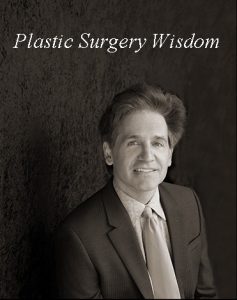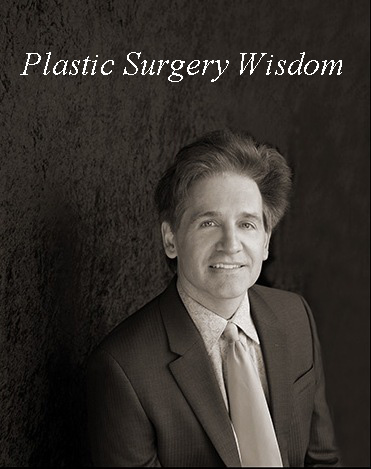
Such comments bring to mind a need to clarify what constitutes revisional vs corrective surgery. Given that no form of surgery is an absolute science and the result will be affected by many factors, some not always controllable by the surgeon, outcomes are not ever completely predictable. Revisional surgery may be needed when the postoperative problem that has developed falls within the known risks of the surgery. Whether it is infection, adverse scarring, asymmetries, implant malposition, over/undercorrection etc these are all known potential occurrences of most plastic surgery procedures. Thus subsequent alterations or revision is needed to improve the outcome.
Conversely, a poor or unexpected outcome that comes from a surgical mistake occurs when the judgement for or during the surgery was completely wrong. Operating on the wrong body part or patient, placing the wrong implant, leaving an instrument in the surgical wound etc are all surgical blunders that require corrective surgery. These more accurately would fall into the term ‘botched surgery’.
While postoperative emotions can run high when surgical outcomes are not as the patient expected, the need for revisional surgery should not be confused with surgical errors.
‘A Revisional Procedure Addresses Known Risks of The Surgery…Which Is By Far The Most Common Reason for Undesired Outcomes’
Dr. Barry Eppley
Indianapolis, Indiana



